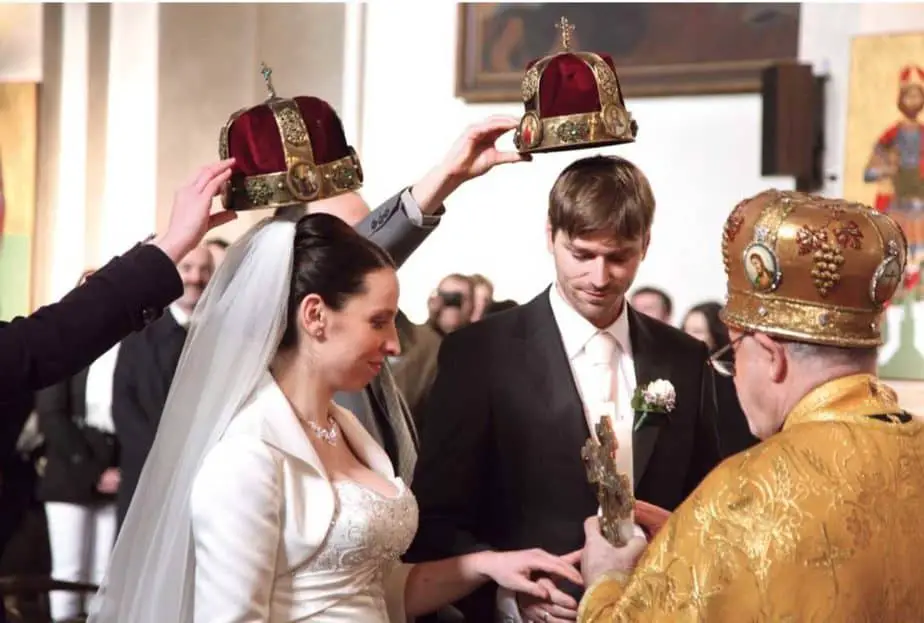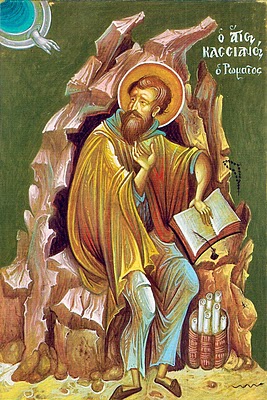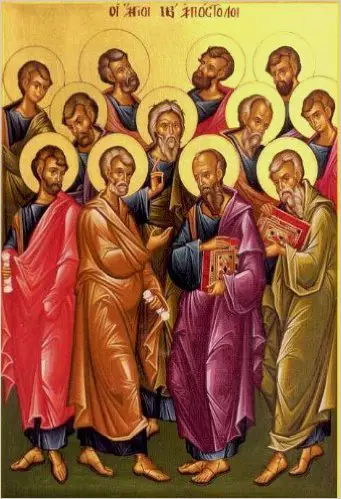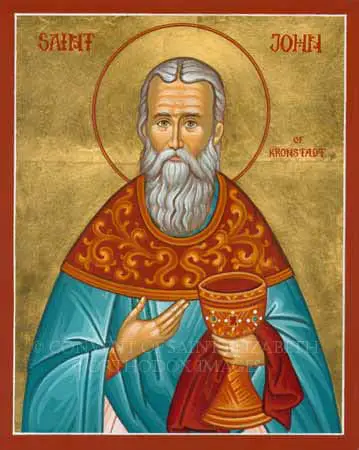St. Sebastian Dabovich: Explanation of Anathema
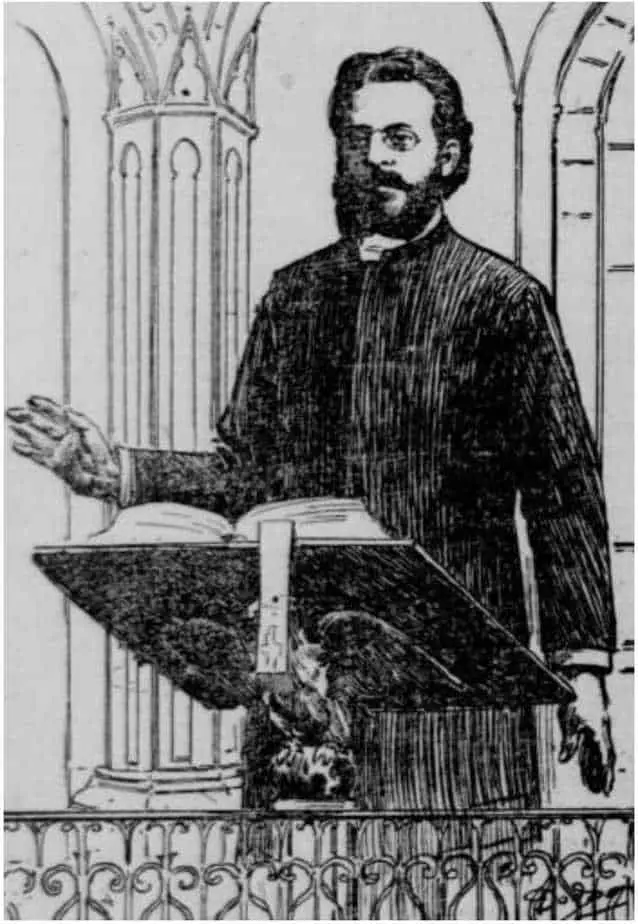
It may be necessary before we proceed to explain the word anathema; it means condemnation and excommunication until restored after sincere repentance. In some cases it may not be only a temporal ban, but a curse. Indeed, there are some members of the Church today, Christians, who do not fully realize that the Church of Christ is a living organism, which, through the supernatural indwelling of the Holy Spirit, exists as a moral being, empowered within her sphere not only to bless, but also to curse. Such ones of course do not read the Bible. Those who studied the Epistles of the Apostles know that it was required of the Corinthians to put away from among themselves that wicked person (1 Cor. v: 13). Likewise the command was given to Titus, hear: A man that is an heretic after the first and second admonition reject (Tit. iii: 10). Did not our Lord Jesus Christ say: If thy brother neglect to hear the Church, let him be to thee as an heathen man and a publican? (Matt. xviii: 17.) And again our Lord speaks: Whatsoever ye shall bind on earth shall be bound in heaven; and whatsoever ye shall loose on earth shall be loosed in heaven (Matt. xviii: 18).
+ St. Sebastian Dabovich, Preaching in the Orthodox Church: Lectures and Sermons by a Priest of the Holy Orthodox Church

